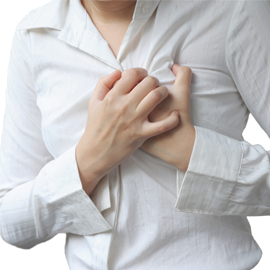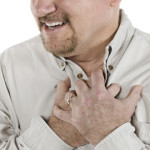
Gastroesophageal reflux disease (GERD) is an uncomfortable disease that causes a reflux of the stomach’s contents to flow back up into the esophagus. It often happens due to a weakened or incompetent lower esophageal sphincter. When this occurs, it causes heartburn (a burning sensation in the chest), burping, regurgitation, and chest discomfort, particularly when lying down and can be resolved with GERD Surgery.
Many people choose to undergo Nissen Fundoplication surgery, or a modification of this surgery called the Hill Posterior Gastropexy which can correct repair the lower esophageal sphincter, help treat GERD, and treat an associated hiatal hernia. Here are some important things to know about your quality of life before and after this surgery.
Immediately After GERD Surgery
You can expect to spend the first several days in the hospital after you have Hill Posterior Gastropexy or Nissen Fundoplication surgery. If you have laparoscopic reflux surgery, your hospital stay will typically be two to three days.
When you return home after the first few days, expect to take about four to six weeks to heal and get back to your normal routine if you’ve had an open surgery. After laparoscopic surgery, you can expect to be back to your normal routine and work in about two to three weeks.
You may notice right away when you begin eating or laying down that you no longer have the heartburn you are accustomed to. However, you’ll need to eat soft foods and chew your food thoroughly until you heal from your surgery.
Long-Term Improvements After Surgery
The first thing to know about your long term quality of life after having Hill Posterior Gastropexy GERD Surgery is that your GERD symptoms will likely be dramatically improved. Patients that have undergone this procedure have reported a considerable change in the discomforts caused by GERD, including decreased heartburn overall, more comfort while laying down, less burping, and less regurgitation. These things are very common with GERD, but the majority of patients either no longer experience them, or the symptoms are minimized after a Nissen Fundoplication surgery.
Difficulties After Surgery
Aside from the typical post-surgical risks, an increase in flatulence is something some patients have after Nissen Fundoplication GERD Surgery. However, most patients don’t find it as problematic as their GERD symptoms were, so they are still quite happy with their overall quality of life improvement post-surgery.
In a 2010 study published in Gastroenterology Research, approximately 94 percent of patients who had Nissen Fundoplication found that it had a positive impact on their quality of life and would recommend the surgery to others.



